On September 22, the Macdonald-Laurier Institute hosted a high-level panel discussion, in cooperation with Wellington Advocacy, to discuss global partnerships, economic development, and the role Canada plays in the world.
Our panel, moderated by Jonathan Berkshire Miller, senior fellow and Director of Foreign Affairs, National Defence and National Security at MLI, featured prominent speakers, including Dr. Balkan Devlen, Director of the Transatlantic Program and senior fellow at the Macdonald-Laurier Institute, Renée Filiatrault, and Dr. Norbert Eschborn, Director of the Konrad-Adenauer-Stiftung in Canada.
Prior to the panel discussion, opening remarks were delivered by Idee Inyangudor, Vice President of Global Partnerships at Wellington Advocacy, stressing the importance of rethinking international cooperation and the need to commit to international development goals.
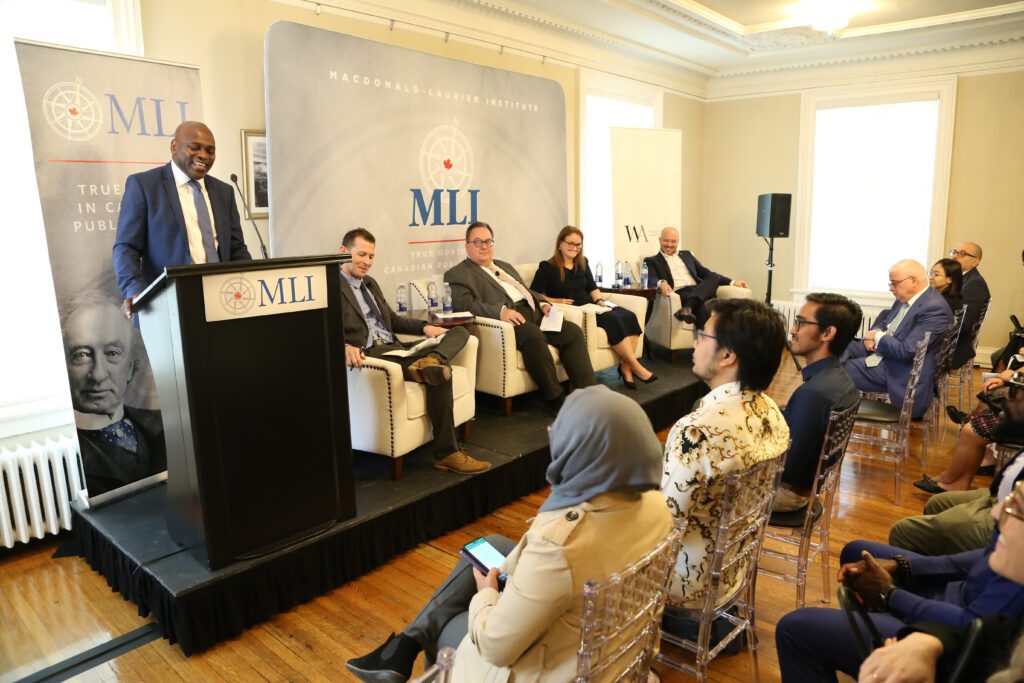
Following opening remarks, panelists began a discussion on contemporary geopolitical shifts and alignments, with emphasis on Canada’s role as a global actor and as a mediator with countries in the Global South. Panelists agreed that a long-term commitment to achieving foreign policy goals is crucial, noting how operational spending by the federal government has failed to meet expectations in recent years.
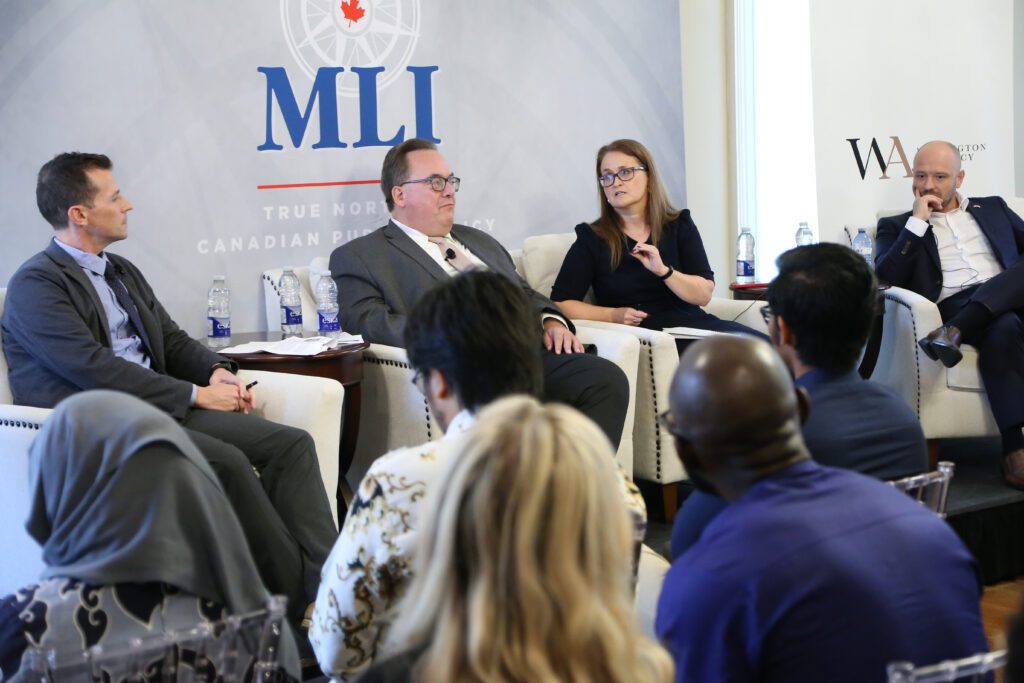
During the discussion, Senior Fellow Balkan Devlen argued for rethinking how Canada can integrate diplomacy, defence, and development as a tool of statecraft – noting that foreign policy intentions must be made clear as a condition for engagement. According to Devlen, although the international order was previously in Canada’s favour, the margin of error has decreased significantly with the rise of other foreign challenges.
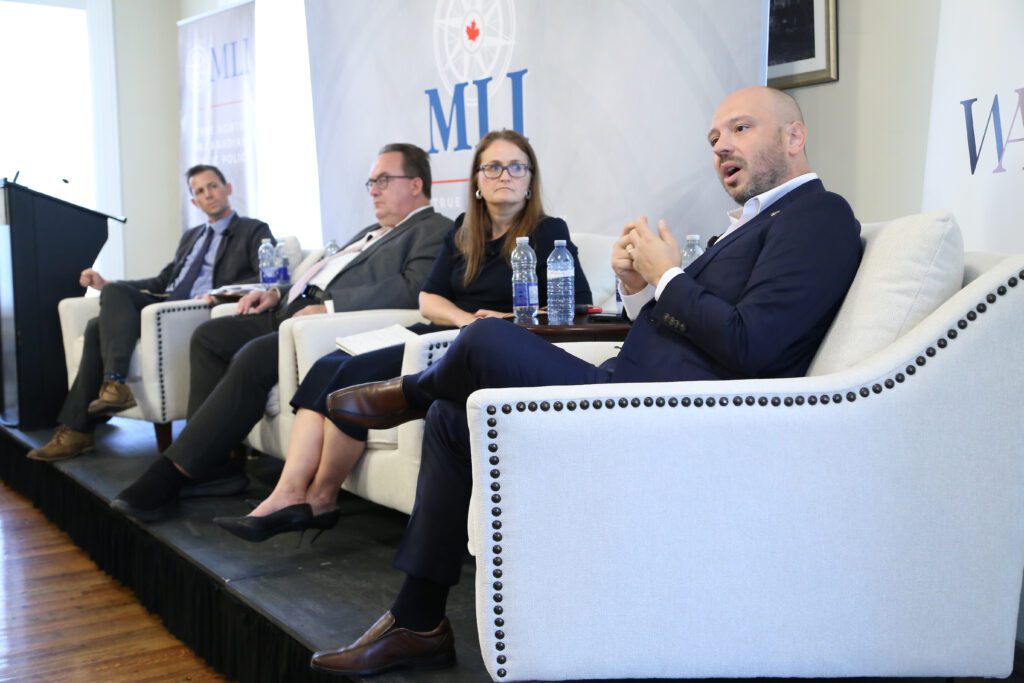
For Renée Filiatrault, there is also great concern to be had over indifference on the part of Canada’s allies, noteing how commitment is often reiterated without a plan of action. She warns against a culture where a lack of accountability means officials seriously damage Canada’s credibility on the international level.
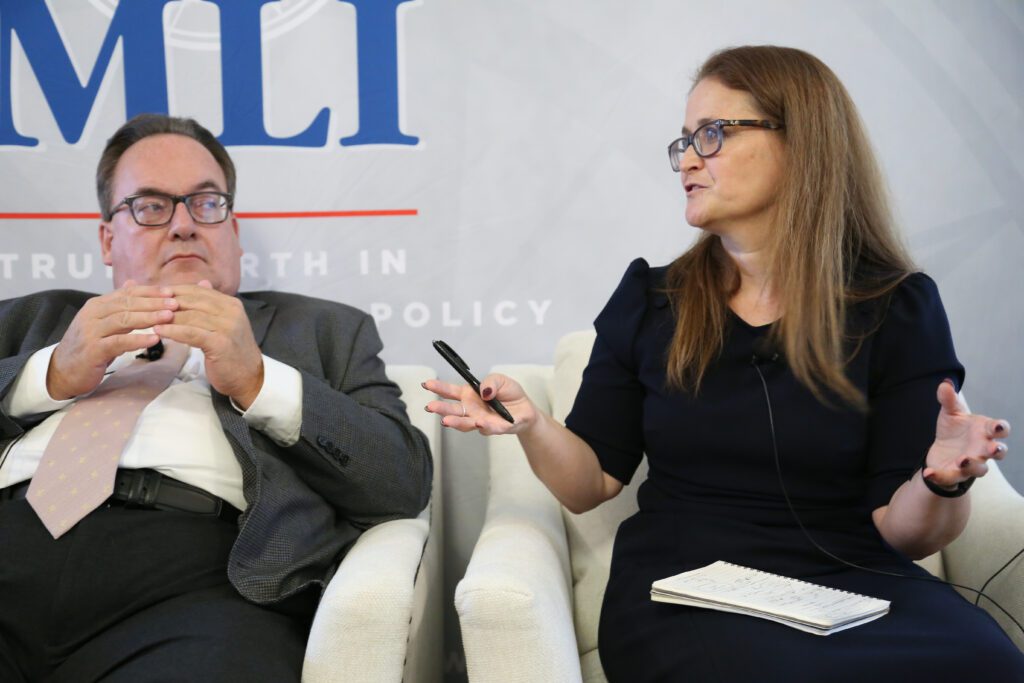
Finally, Dr. Norbert Eschborn provided perspective based on his own experience in the NGO sector: he noted how it is crucial to explain to the public why international development aid is an important tool for advancing foreign policy interests. He also noted the importance of individual support in states where governments may resist foreign development aid, citing examples from Belarus where aid came in the form of training and education for young activists.
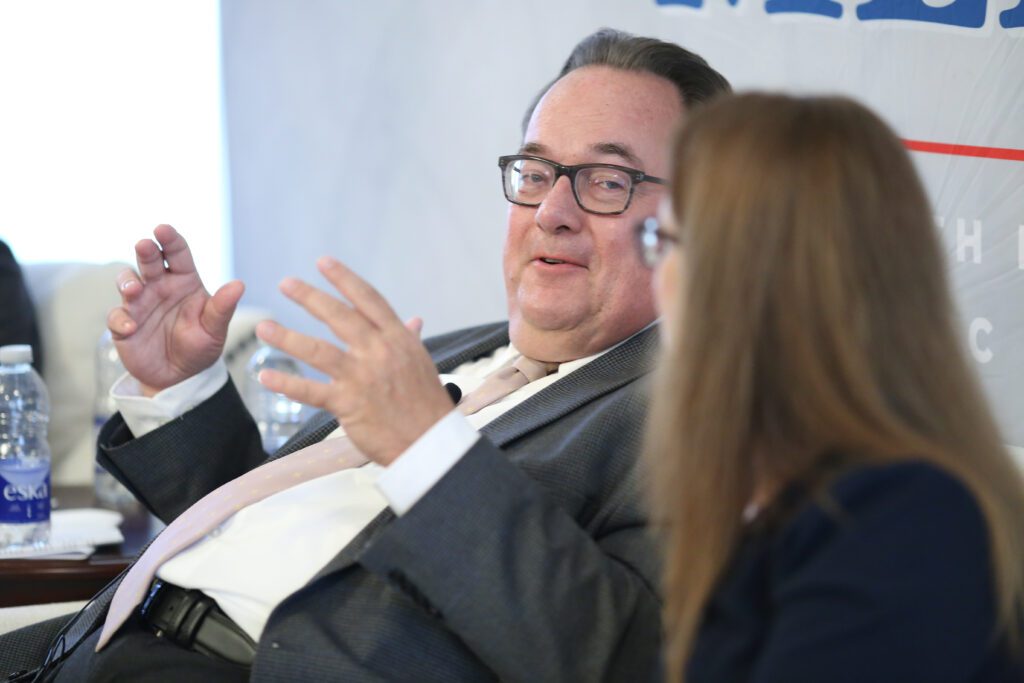
As the panel discussion concluded, the floor was opened to questions from audience members: among the various topics covered were the dynamics behind Canada’s interaction with countries in the developing world, the longterm goals that must define Canada’s foreign development projects, whether or not domestic issues should take priority over foreign issues, and finally, the importance of showing Canadians how and why development aid makes a difference.
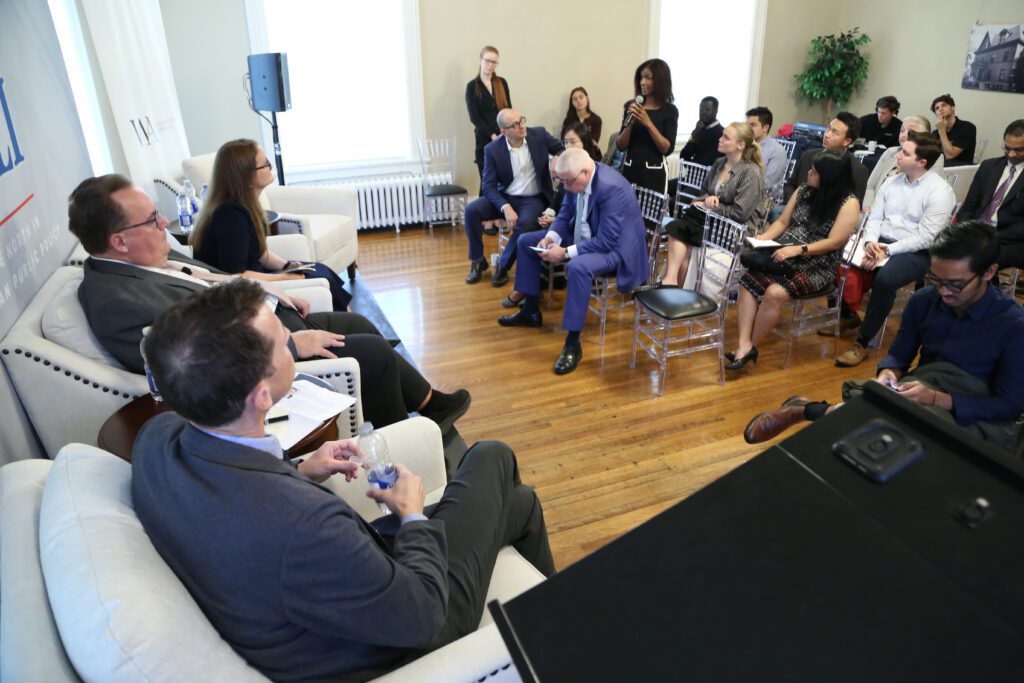
Following questions from the audience, the panelists delivered their conclusive remarks reiterating the need for Canada to continue communicating with partners in the developing world, not only for purposes of aid, but crucially, to bolster Canada’s position in the world as a serious global actor.
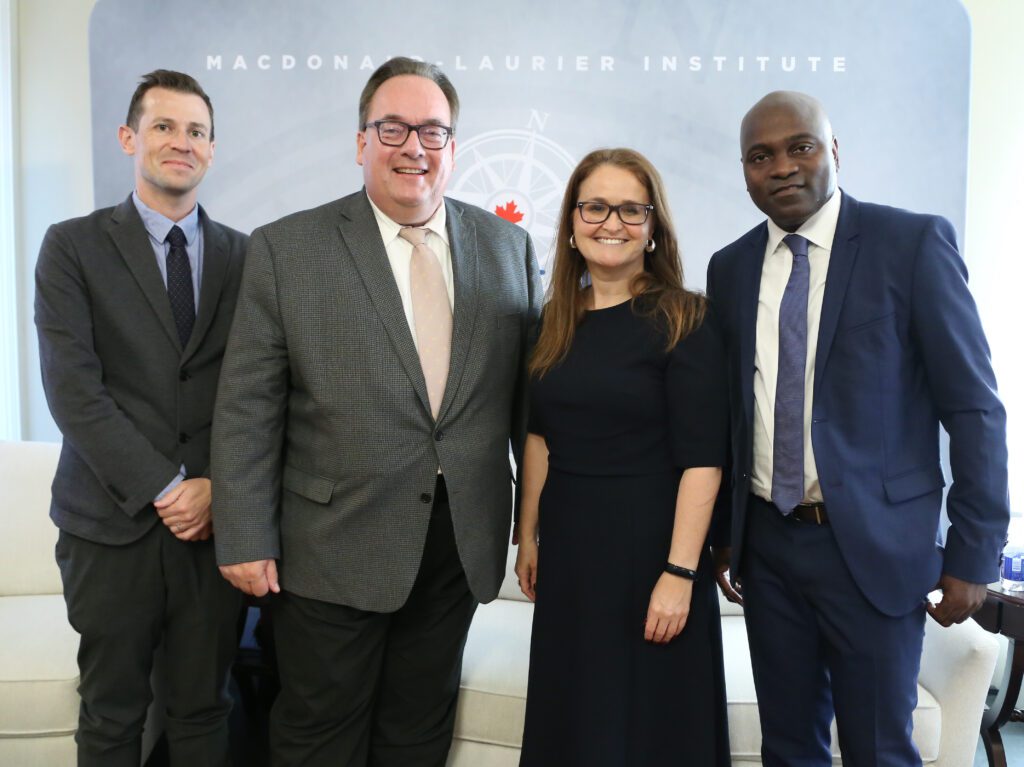 More pictures from the event are available on our Flickr page.
More pictures from the event are available on our Flickr page.





